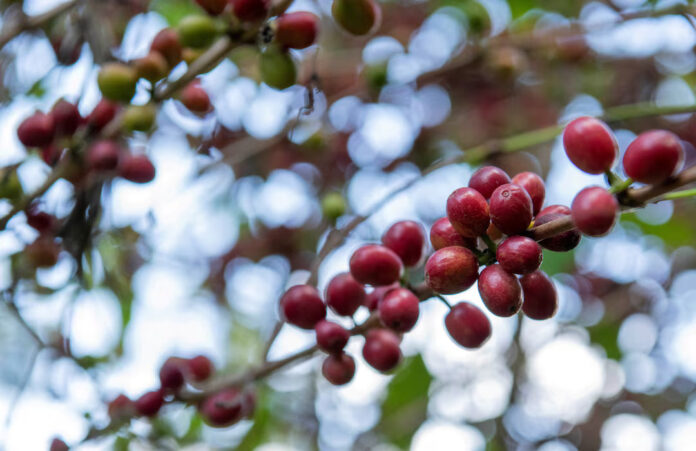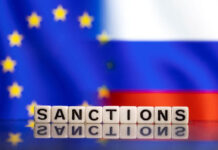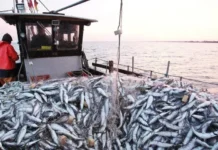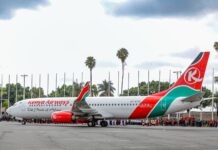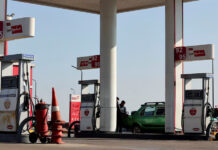Kenya has launched an urgent national effort to comply with the European Union’s new Deforestation Regulation (EUDR), which mandates that all coffee exported to the EU must be traceable and grown on land not deforested after December 31, 2020.
The compliance deadline, extended by one year to December 30, 2025 for large companies (and June 30, 2026 for smaller enterprises), leaves Kenyan officials with just two months to meet the strict sustainability standards. Failure to comply will jeopardize access to key EU markets, which import over 55 percent of Kenyan coffee exports.
To meet the EUDR prerequisites, the Agriculture and Food Authority (AFA), working with agencies including the Kenya Forest Service, Kenya Space Agency and Directorate of Remote Sensing, is coordinating a nationwide geo-mapping exercise.
As of July 29, approximately 30 percent of the total coffee-growing area roughly 32,688 hectares out of 109,384 hectares has been mapped across 16 of Kenya’s 33 coffee-producing counties. The final phase aims to complete mapping in the remaining counties by September 2025.
Agriculture Cabinet Secretary Mutahi Kagwe affirmed government resolve to meet the deadline without seeking another extension, warning of potential losses of KSh 90 billion in export revenue and damage to Kenya’s premium coffee brand if compliance fails.
He emphasized that the government has mobilized all relevant agencies and resources to deliver a traceability system against the tight timeline.
Kenya’s classification as a low-risk country under EU benchmarking is an interim reprieve. The EU recognizes Kenya’s improving tree cover and environmental progress, which could ease compliance burdens. However, this status does not shield coffee farmers from adhering to traceability and verification rules.
Financial and logistical challenges persist, especially for smallholder farmers who produce around 70 percent of the nation’s coffee. Many of these growers lack access to satellite geo-mapping, plot coordinates and documentation needed to certify their plots.
Cooperatives are stepping in to collect and manage the required data, but costs and technical capacity gaps remain pressing issues.
Government and industry actors have called for accelerated capacity-building initiatives aimed at cooperative societies, export agents, and farmer groups. Some stakeholders are urging importers and buyers to assist with certification costs to safeguard smallholder participation in the EU market.
Kenya exports over 122,699 metric tonnes of clean, traceable coffee to the EU annually, earning roughly USD 695.7 million (around Ksh 90 billion).
The EUDR applies to seven commodities including coffee, cocoa, soy and palm oil. Non-compliant coffee will be blocked by EU importers, thus denying access to vital markets such as Belgium, Germany, Sweden, and Finland.
The current effort represents a high-stakes compliance push, with government agencies, cooperatives, and farmers working around the clock. Success hinges on completing the geo-mapping, ensuring data integrity in Kenya’s Integrated Agricultural Management Information System (KIAMIS), and securing traceability certification before the year-end deadline.
With limited time remaining, all actors are focused on meeting the deadline and protecting Kenya’s coffee-export lifeline to Europe.
Written By Ian Maleve









